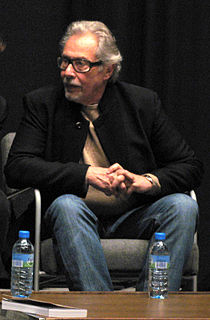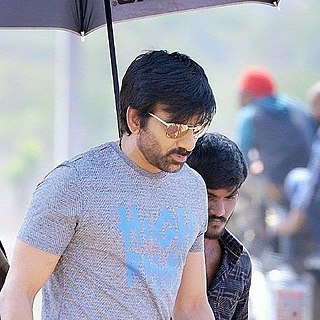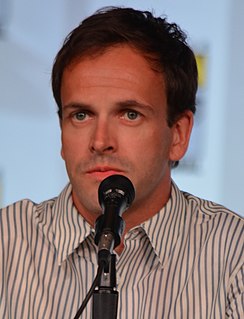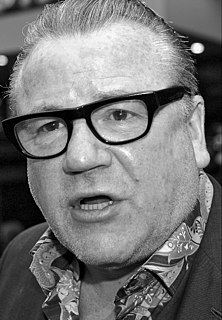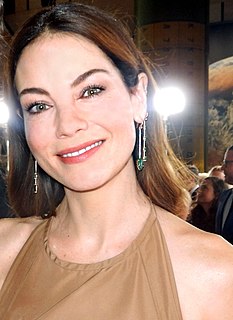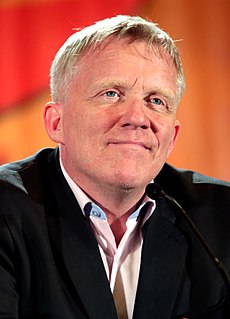A Quote by Mark Rydell
Yes, there are directors I admire, the mavericks. Altman. There are many good directors.
Quote Topics
Related Quotes
I think more than comedy, probably more than straight drama, I like horror. And horror I think I'm particularly good at. It's a mistake a lot of directors make, especially young directors. They always want to make the kind of movies that they most admire and aren't necessarily sensitive to what they have the best skill set for.
It's not often I get to do a film that turns out good. Plus, there just aren't that many great directors out there. There are a thousand different decisions that need to be made with each script and it's the good directors that can make those decisions. It's a long and complicated process in regards to what looks good on paper. Working on a bad film can be fun too. It can be a good exercise that gets you writing.
